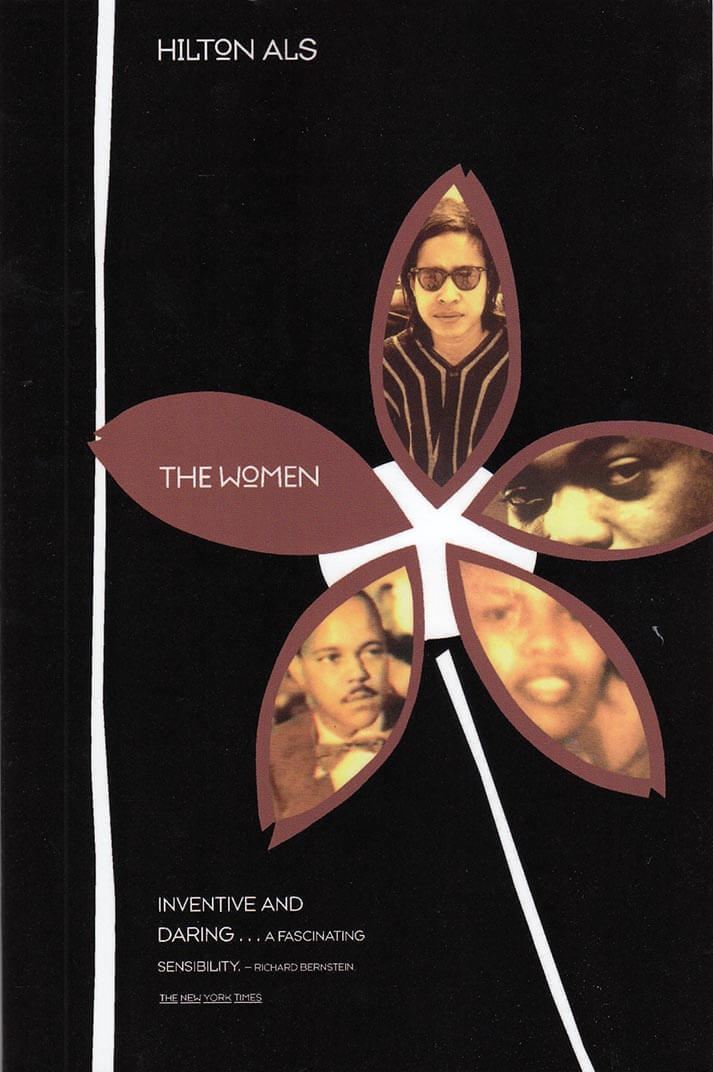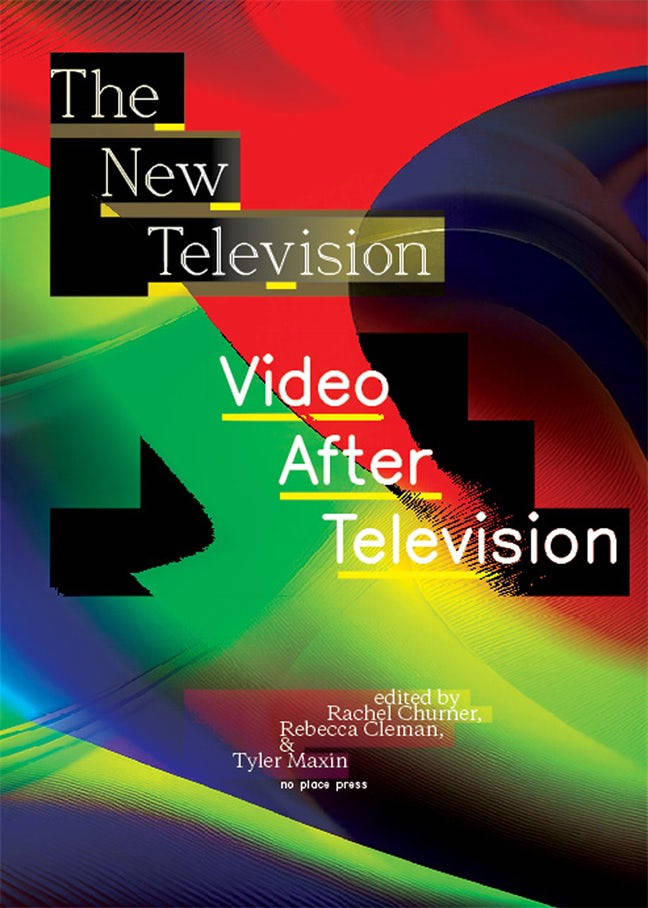Hilton Als
Hilton Als

God Made My Face: A Collective Portrait of James Baldwin
Baldwin's life and legacy as remembered by a pantheon of artists and writers: from Jamaica Kincaid and Barry Jenkins to Richard Avedon and Alice Neel.
When author James Baldwin died in 1987, he left behind an extraordinary body of work: novels, poems, film scripts and, perhaps most indelibly, essays. A friend and supporter of Martin Luther King Jr., Malcolm X and Medgar Evers, Baldwin was a critical voice in the civil rights movement. After reaching acclaim in his early career as a writer, he struggled to retain the author's "I," while taking on the "we" of the people.
Edited by Pulitzer Prize-winning author Hilton Als and growing out of his landmark exhibition at David Zwirner in 2019, God Made My Face brings together an impressive assembly of contributors, ranging from Baldwin biographer David Leeming to novelist Jamaica Kincaid and Moonlight director Barry Jenkins, to create a memorial mosaic: one that not only mirrors Baldwin's various tones but also closely examines his singular contributions to cinema, theater, the essay and Black American critical studies. These essays are illustrated by artwork from modern and contemporary artists who were either personal contemporaries of Baldwin or directly inspired by his work. In each piece assembled here, the authors speak from a personal, informed perspective, illuminating Baldwin's deeply anguished and enlightened voice and his belief that, ultimately—because we are human—we share the potential to love, connect and live together in all our glory.
Artists include: Diane Arbus, Eugène Atget, Richard Avedon, Don Bachardy, Alvin Baltrop, Anthony Barboza, Njideka Akunyili Crosby, Beauford Delaney, Marlene Dumas, Glenn Ligon, George McCalman, Alice Neel, Elle Pérez, Cameron Rowland, Kara Walker, James Welling, Larry Wolhandler.
Authors include: Stephen Best, Daphne A. Brooks, Teju Cole, Marianne Jean-Baptiste, Barry Jenkins, Jamaica Kincaid, David Leeming, Darryl Pinckney.

The Women
The women is at once a memoir, a psychological study, a sociopolitical manifesto, and an incisive adventure in literary criticism.
It is conceived as a series of portraits analyzing the role that sexual and racial identity played in the lives and work of the writer's subjects: his mother, a self-described "Negress," who would not be defined by the limitations of race and gender; the mother of Malcolm X, whose mixed-race background and eventual descent into madness contributed to her son's misogyny and racism; brilliant, Harvard-educated Dorothy Dean, who rarely identified with other blacks or women, but deeply empathized with white gay men; and the late Owen Dodson, a poet and dramatist who was female-identified and who played an important role in the author's own social and intellectual formation.
Hilton Als submits both racial and sexual stereotypes to his inimitable scrutiny with relentless humor and sympathy. The results are exhilarating. The Women is that rarest of books: a memorable work of self-investigation that creates a form of all its own.
And more

The New Television: Video After Television
Rachel Churner, Rebecca Cleman and 1 more
On the rich history of video art and its enduring relevance to today's artistic and critical practices.
The New Television delves into the rich history of video art, reexamining the pivotal Open Circuits conference held at MoMA in 1974 and exploring its enduring relevance to today's artistic and critical practices. Open Circuits was an important event in establishing video art in American museums and articulated a range of conflicting teloses for the medium, some which materialized (like local cable television) and others that remain unrealized. The conference proceedings were published in 1977 as The New Television: A Public/Private Art, and the radical design of the book reflected the conference's utopian aims.
This two-part publication includes a facsimile of the long-out-of-print conference proceedings and new essays and discussions by over a dozen scholars and artists. The new scholarly texts and previously unpublished archival documents in The New Television illuminate the network of institutional histories of video art, consider global televisual contexts and alternative critical approaches, and examine contemporary video art and its continued relevance from new perspectives.
Rachel Churner is the director of the Carolee Schneemann Foundation. She is also an art critic and editor, whose writings have appeared in Artforum and October magazine, among other publications. She was a recipient of the 2018 Creative Capital/Andy Warhol Foundation Arts Writers Grant and is the editor of multiple books, including Jacqueline Humphries: jHΩ1:) (2022); Yvonne Rainer: Revisions (no place press, 2020), Hans Haacke (MIT Press, 2015), and two volumes of writings by film historian Annette Michelson (MIT Press, 2017 and 2020). Churner is a faculty member at Eugene Lang College at The New School, New York.
Rebecca Cleman is Executive Director of Electronic Arts Intermix (EAI) and a writer. She has programmed screenings and special projects for such venues as the International House Philadelphia; the Museum of Art and Design, Anthology Film Archives, and Andrea Rosen Gallery, New York City; and the Julia Stoschek Collection, Germany; and organized or co-organized many events for EAI, including a panel discussion on the films of David Wojnarowicz and a conversation between Hilton Als and The Wooster Group's director and co-founder Elizabeth LeCompte.
Tyler Maxin is curator at Blank Forms. He was previously the Communications and Special Projects Associate at Electronic Arts Intermix (EAI). His writing has appeared in publications including Artforum, BOMB, and Film Comment.

Over there: a queer anthology of joy
Anthology number two asks what is joy? Is joy possible in the world today? If so, how do queer people imagine or experience it? Over 30 writers, artists and performers consider queer joy with contributors including Eileen Myles, Wayne Koestenbaum, Hilton Als, AA Bronson, Timothy Thornton, Sophie Robinson, Eley Williams and Honey Dijon.